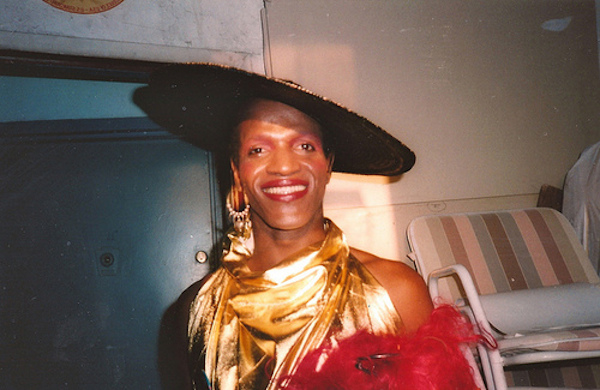I am pansexual. I have known this from a very young age, around 5. In August I finally came out, as a political move, to my parents. My parents are both very conservative, religious, and straight. It was quite shocking and foreign to them that the struggles of the queer community could effect anyone they cared about. Or that they should care about those struggles at all, much less from a personal perspective. My coming out angered my father who insisted that I “stay open minded and don’t make any decisions yet,” a sentiment my maternal grandmother later shared with me over Thanksgiving break. Over the course of the last year I have come out to most of my extended family, only excluding my paternal grandparents neither of whom I am very close with. It was shocking to me that my own family would think that I am ‘close minded’ for being open to anyone as far as who I can love. It was also surprising to me that none of them suspected. It’s not exactly hard to pick up on the fact that I’m not straight.
Going home for breaks and the holidays is by no means time off when it comes to my family, especially since coming out. My parents have become hyper focused on queer representation and blocking it, my mother is constantly pointing out “nice boys” who I should, of course, unquestioningly go on a date with, and my little sister likes to throw the word lesbian at me like a knife. In short, home is not a comfortable place to spend extended periods time in. However, my family has allowed me to stay with them, they continue to support me and send me to college, and they are there to lend a helping hand when needed. I by no means am unlucky. I know people who have been kicked out, cut off, and even beaten by their family for being who and what they are. And for them, the holidays are anything but a time of celebration.
The fact that in this day and age there still needs to be resources specifically for homeless, queer youth who have been kicked out of their own homes, whose parents tell them that they are dead to them or that they would literally rather they lost a child than had a queer child, the fact that conversion therapy is still legal and acceptable to practice. It’s outrageous to me. It’s unacceptable to me. For me, it’s heartbreaking that these people, my friends, are not safe in their own home with their own family. I think things are changing but not as fast as they should. I hope someday to provide a safe home for my own kids and their friends, for children less fortunate who have been kicked out. For now it is enough to volunteer, donate, petition, and raise awareness for (homeless) queer youth. Please remember to keep them in your thoughts these holidays and do what you can.

